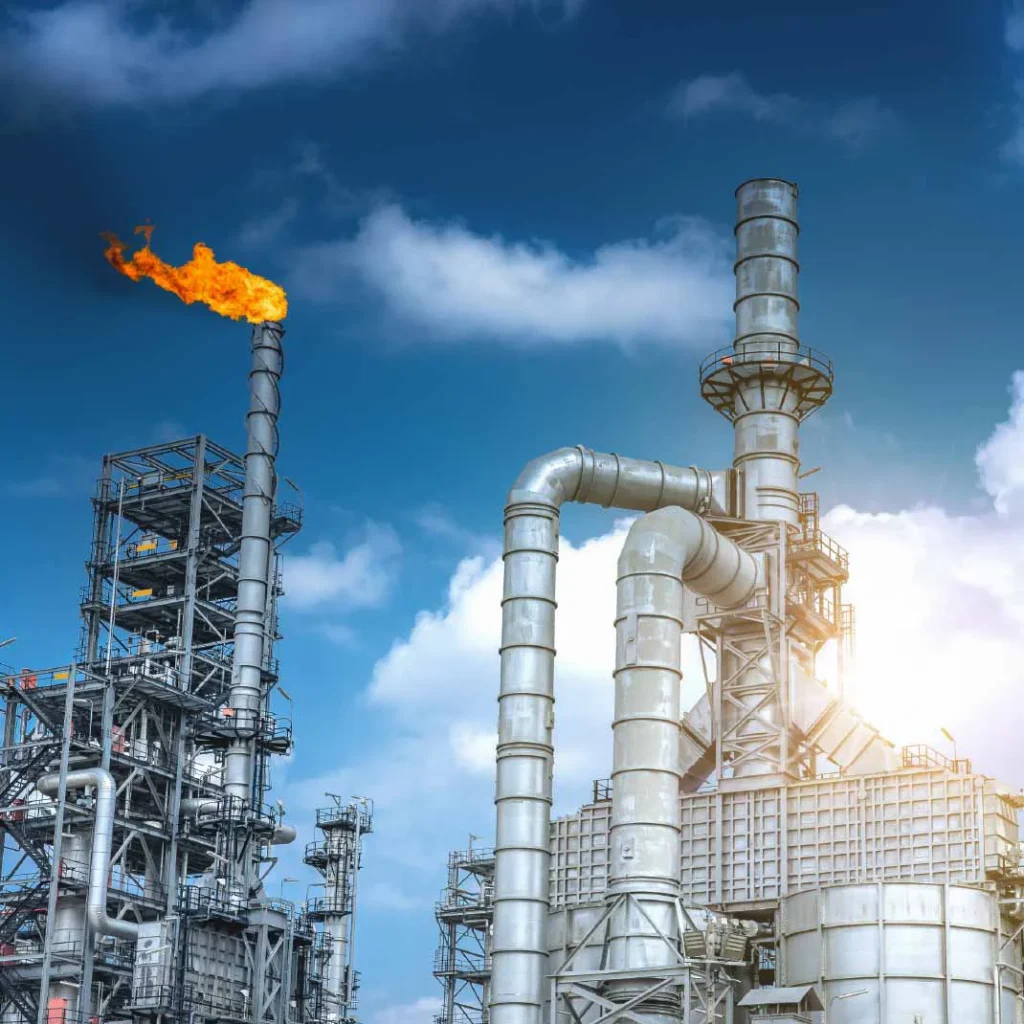The petrochemical industry is organized in a chain made up of 3 classes: the producers of the first generation, which have more than 5 million brazilians in the production of basic petrochemicals such as ethylene, propylene, and aromatics; the producer of the second generation and employ more than 100 million brazilians in the production of petrochemicals for industrial applications such as plastic resins, polyethylene, pvc, polypropylene, polystyrene, elastomers, and fibers and the producers of the third generation, which employs more than 500 thousand brazilians in the processing of plastics and rubber, cosmetics, pharmaceuticals, personal care, cleaning, paints and coatings, fertilizer, and synthetic fibres and fabrics.
Then there are the oil refinery, which employs 73 thousand brazilians in the processing of crude oil, making it a wide variety of by-products, such as gasoline, diesel fuel, kerosene, lubricants, and asphalt, and in a way that industrial processes generate a lot of heat, and are dependent on the cooling water to keep the temperature under control.
In Brazil, there is a 3-pole gas, moving up to more than 160 billion dollars a year, and there are 8 in the refinery of crude oil, moving up to about 430 billion on a yearly basis.
